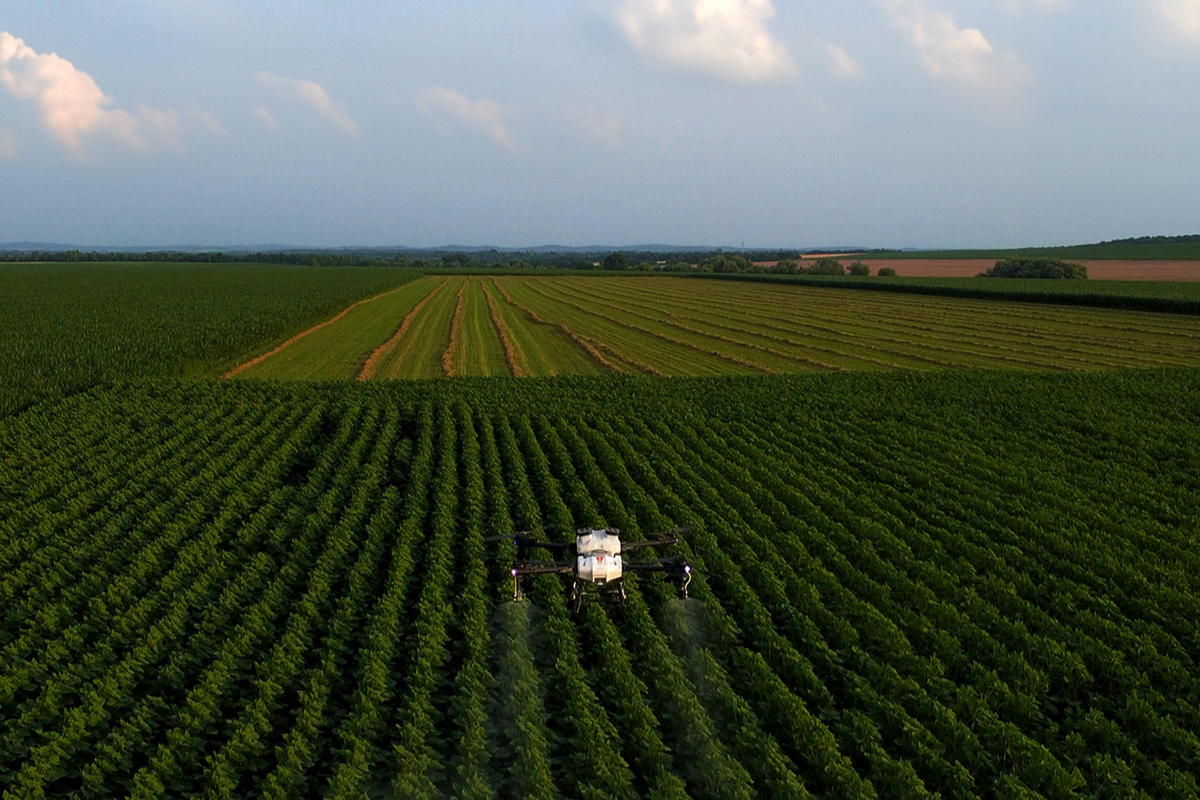
In recent years, the use of drones in agriculture has grown rapidly as farmers seek smarter ways to manage crops, resources, and land. These aerial tools offer new opportunities to monitor plant health, map fields, and apply treatments with precision. However, before investing in drone technology, it’s crucial for farmers to understand the operational, regulatory, and practical aspects that come with it. Knowing what to expect can lead to better outcomes and maximize return on investment.
Knowing your objectives
Farmers should begin by identifying the specific problems they want drones to solve. Do they need accurate crop scouting? Precise pesticide application? Or perhaps help with seeding or irrigation planning? The type of drone, sensor, and payload required will depend heavily on the task at hand. Setting clear goals at the start ensures that the technology fits the farm’s unique needs, rather than complicating daily operations.
Choosing the right type of drone
There are many agro drones on the market, and each serves a different purpose. Fixed-wing models are ideal for covering large areas quickly, while multi-rotor drones offer better control and maneuverability for spot treatments or scouting. Payload capacity, battery life, and spray system compatibility are key factors to consider when selecting the right model. Farmers should also think about scalability—choosing a drone that can grow with their farm’s needs.
Compliance and regulations
Before launching a drone into the sky, farmers must ensure they meet local aviation regulations. This typically includes pilot training, operational certifications, and sometimes even registration of the drone. Flying near urban zones or over people may involve additional restrictions. A trustworthy supplier or training provider can assist in navigating these legal requirements, reducing the risk of penalties and ensuring safe operations.
Training and skill development
Even the most advanced drone requires a skilled operator. Understanding flight planning software, battery management, and troubleshooting are all essential parts of daily drone usage. Some tasks, such as spraying or mapping, may require deeper knowledge of agronomy and data analysis. Farmers should consider investing in training sessions, which can be provided by reliable distributors like ABZ Innovation.
Data interpretation and integration
Many agro drones collect large volumes of data—thermal images, NDVI maps, and topographic scans, to name a few. However, the real value lies in interpreting that data and using it to make informed decisions. Farmers may need software tools or agronomic advice to turn raw data into actionable strategies. It’s important to choose a drone solution that integrates well with existing farm management systems.
Maintenance and technical support
Maintenance is another key factor farmers should prepare for. Like any agricultural equipment, drones require regular servicing, updates, and potential repairs. Access to spare parts, firmware updates, and professional support can significantly affect uptime. Working with a trusted supplier such as ABZ Innovation ensures farmers have access to a support team that understands the agricultural context and technical requirements.
Budgeting for the full picture
The cost of a drone goes beyond the initial purchase. Batteries, software licenses, training, and maintenance add up. Farmers should budget not only for the device itself but for the long-term costs that come with operating and maintaining the equipment. Planning financially for the lifecycle of the drone leads to a smoother and more sustainable adoption process.
Conclusion
Drones offer enormous potential for farmers, from increasing efficiency to improving yields. However, making the most of this technology starts with preparation—understanding the tools, regulations, and workflows involved. With careful planning and support from a knowledgeable distributor, farmers can confidently integrate drones into their operations. As drones in agriculture continue to evolve, having a reliable partner like ABZ Innovation helps ensure a productive and responsible transition into precision farming.

